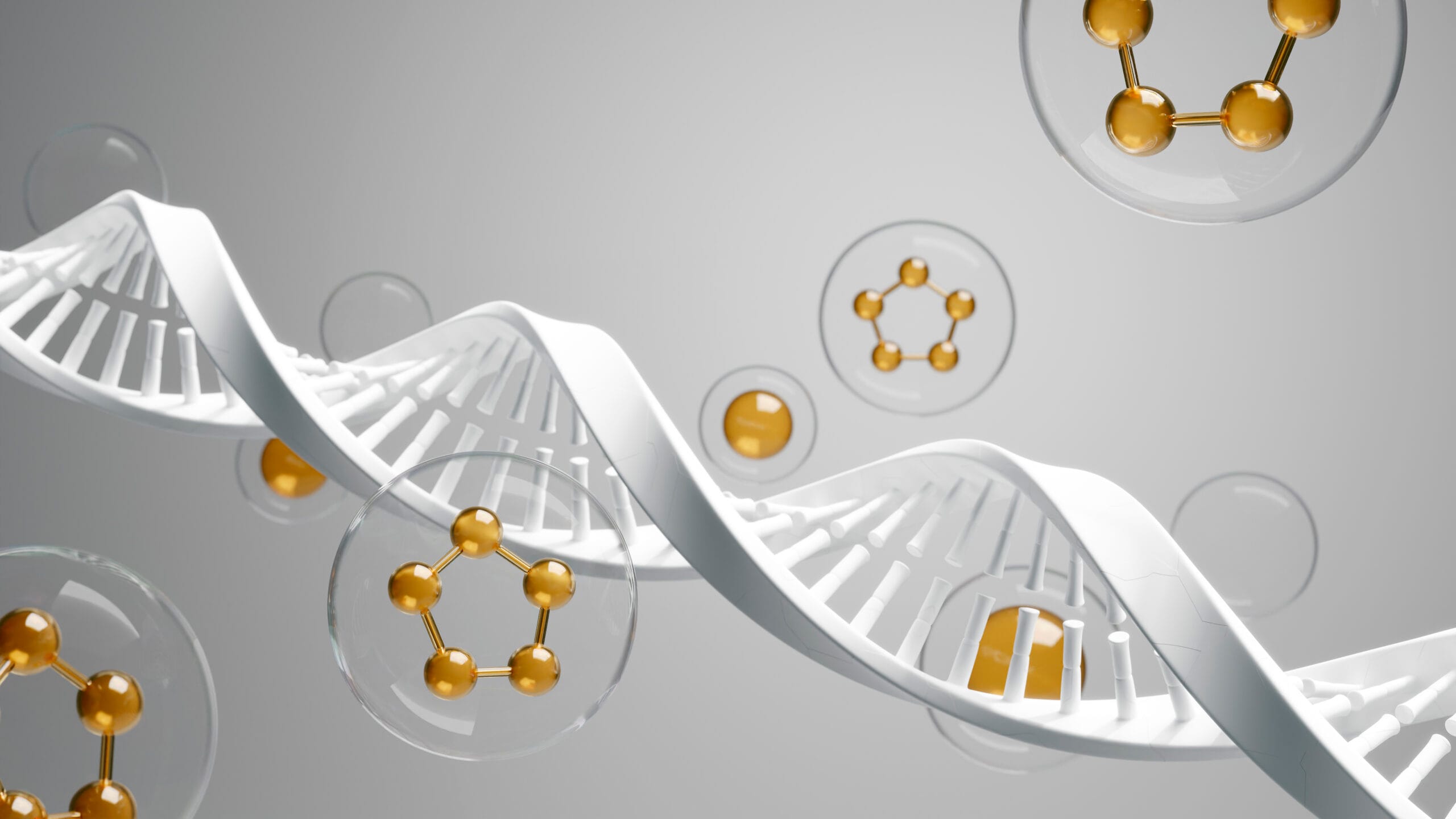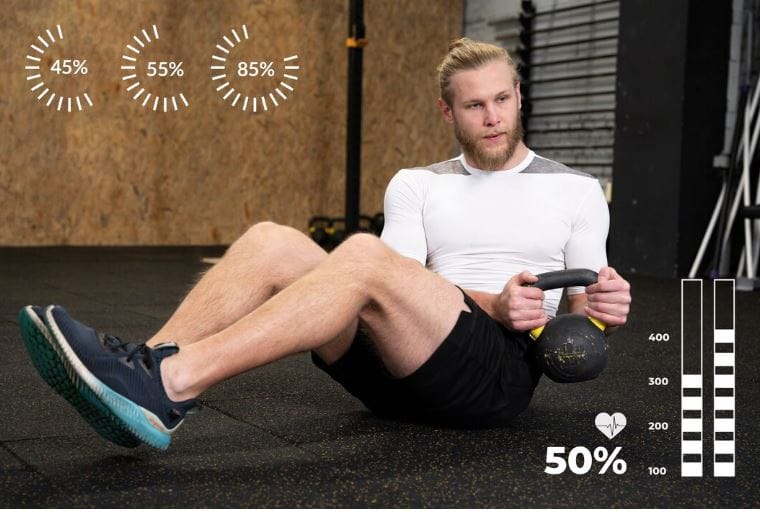Why collagen a good source of protein for muscle?
Table of Contents
Introduction

In the fitness world, protein is the cornerstone of muscle growth and recovery, with whey and casein proteins taking the spotlight for their well-known muscle-building properties. However, collagen protein has recently emerged as an alternative with unique benefits, especially concerning joint health, recovery, and muscle repair. But is collagen protein truly effective for building muscle?
Examining whether collagen protein is effective for building muscle uncovers a complex relationship between collagen supplementation and muscle growth. This article delves into the science behind collagen, its benefits, and its limitations concerning muscle growth.
What is Collagen Protein?
Collagen is the most abundant protein in the human body, making up about 30% of the body’s protein content. It plays a vital role in connective tissues, including tendons, ligaments, skin, and muscles. Structurally, collagen consists primarily of three amino acids: glycine, proline, and hydroxyproline. These amino acids are crucial for maintaining the strength and integrity of the body’s tissues, including muscles.
The presence of collagen in muscle tissue is primarily supportive. It helps build the connective tissues surrounding muscles, which plays a role in protecting and facilitating muscle contractions. However, this is different from the role that traditional proteins like whey or casein play in muscle protein synthesis (MPS), which is the direct building of muscle fibers.
How Does Collagen Support Muscle Building?

While collagen might not be the first protein that comes to mind for muscle growth, it has certain characteristics that make it beneficial for those engaged in strength training and endurance exercises.
Muscle Repair and Recovery
Resistance training causes micro-damage to muscle fibers, and this damage needs to be repaired for muscle growth to occur. Collagen’s amino acids, particularly glycine and proline, are crucial for tissue repair. Supplementing with collagen can help accelerate the repair of damaged muscle fibers, promoting quicker recovery.
In a study published in the International Journal of Sport Nutrition and Exercise Metabolism, participants who supplemented with collagen peptides while engaging in resistance training exhibited greater increases in fat-free mass (FFM) and muscle strength than those who did not supplement with collagen .
Joint Health and Injury Prevention
One of the most significant benefits of collagen protein is its ability to support joint health. Healthy joints are essential for resistance training because they allow for full ranges of motion and prevent injury. Collagen strengthens tendons and ligaments, making them more resilient to stress and reducing the risk of injury during weightlifting or high-impact activities .
In particular, a study published in The British Journal of Nutrition highlighted that older adults who took collagen peptides alongside resistance training experienced significant improvements in muscle strength and fat-free mass. The reduction in joint pain was a significant factor in allowing these individuals to perform better during workouts .
Enhancement of Recovery
Collagen has anti-inflammatory properties that can reduce muscle soreness post-exercise. Lower levels of muscle soreness allow for more frequent and intense training sessions, which is crucial for individuals aiming to build muscle. This recovery enhancement was noted in several studies where participants who supplemented with collagen experienced faster recovery times and less post-workout discomfort .
Scientific Studies Supporting Collagen’s Role in Muscle Growth

Several studies have emerged over the last decade investigating collagen’s role in muscle building and recovery. While the focus of these studies varies, they provide essential insights into how collagen protein can support a fitness routine:
Hypertrophy and Collagen
In a study featured in the International Journal of Sport Nutrition and Exercise Metabolism, researchers examined the effects of collagen supplementation on hypertrophy, or muscle growth. Participants who took collagen peptides alongside a resistance training program saw notable increases in muscle mass and strength compared to a placebo group. The study suggests that while collagen may not directly stimulate MPS to the same extent as other proteins, it supports muscle maintenance and recovery, which indirectly contributes to muscle growth .
Collagen in Elderly Populations
Collagen’s benefits for aging populations are noteworthy. A study in The British Journal of Nutrition found that older adults who supplemented with collagen peptides combined with resistance training showed substantial improvements in muscle strength, fat-free mass, and overall physical performance. These results are particularly relevant because muscle degradation accelerates with age, making it harder to maintain muscle mass. Collagen appears to slow down this muscle loss process, ensuring better performance during exercise .
Proteomic Analysis and Collagen
A proteomic analysis comparing individuals who consumed collagen peptides to a control group found that collagen supplementation increased the abundance of proteins associated with muscle metabolism. This increase supports the idea that collagen can assist in muscle repair and maintenance, even if it is not as effective as leucine-rich proteins for promoting new muscle growth .
Limitations of Collagen Protein for Muscle Building

Despite its benefits, collagen protein also has limitations, particularly when compared to more conventional muscle-building proteins like whey and casein.
Incomplete Amino Acid Profile
One of the most significant limitations of collagen protein is its incomplete amino acid profile. Collagen is rich in certain non-essential amino acids, such as glycine and proline, but lacks adequate levels of essential amino acids, particularly leucine, which is critical for triggering muscle protein synthesis (MPS). Leucine plays a pivotal role in the mTOR pathway, which directly signals the body to build new muscle tissue .
Because of its limited ability to stimulate MPS on its own, collagen protein should not replace traditional protein sources in a diet aimed at building muscle. However, collagen can still be an excellent complementary protein, particularly when paired with whey, casein, or plant-based proteins.
Not a Standalone Muscle-Building Protein
While collagen is beneficial for muscle recovery, joint health, and injury prevention, it is not a standalone solution for building muscle. To maximize muscle growth, a protein source with a more complete amino acid profile is necessary. Whey protein, in particular, is highly regarded due to its fast absorption rate and its high concentration of essential amino acids like leucine .
Practical Applications: How to Use Collagen for Muscle Building
Despite its limitations, collagen can be effectively incorporated into a muscle-building routine. Here are some practical tips:
Timing Your Collagen Intake
One of the best times to consume collagen protein is post-workout. After resistance training, muscles are in a state of repair, and the body is primed to absorb nutrients. Collagen’s fast absorption rate makes it ideal for this recovery window. Additionally, taking collagen after exercise may help reduce muscle soreness and improve joint health, enabling more frequent and intense workouts.
Combine Collagen with Other Proteins

To overcome the limitation of its incomplete amino acid profile, collagen should be combined with complete protein sources like whey, casein, or plant-based proteins. By doing so, you ensure that your body receives all the essential amino acids necessary for optimal muscle protein synthesis.
Use Collagen to Support Joint Health
For individuals engaged in heavy resistance training, maintaining healthy joints is critical. Supplementing with collagen can help strengthen tendons and ligaments, reducing the risk of injury and improving overall performance. This is particularly beneficial for athletes involved in high-impact sports or those who frequently lift heavy weights.
Conclusion
While collagen protein may not be the first choice for those looking to maximize muscle growth, it plays an essential supporting role in any fitness routine. Its benefits for joint health, recovery, and muscle repair make it a valuable supplement, particularly when used in conjunction with more traditional protein sources like whey or casein.
In conclusion, the question of whether collagen protein is good for building muscle doesn’t have a straightforward yes or no answer. While collagen can indirectly support muscle growth by aiding in muscle repair and promoting joint health, it’s not sufficient on its own for maximizing muscle protein synthesis. For optimal results, it’s best to pair collagen with complete proteins that are rich in essential amino acids like leucine. Incorporating collagen into a balanced diet and exercise routine can enhance recovery, reduce soreness, and contribute to long-term muscle health.
References:






